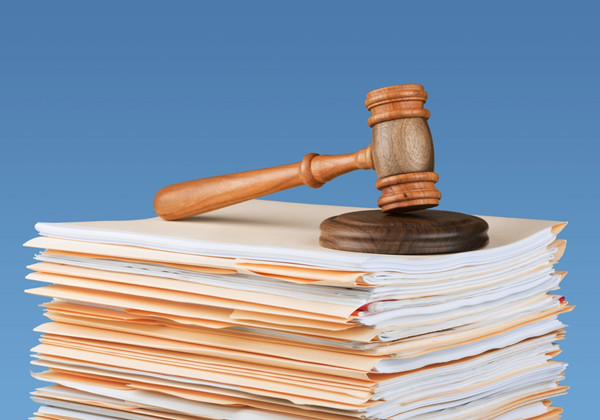Authorities making greater use of 'self-defense' interpretation

[Photo/IC]
In recent years, the judicial authorities have identified justifiable self-defense as a factor in more cases, and disclosed such actions in a timely manner as a way of further upholding justice and helping to protect people's legitimate rights.
Data from the Supreme People's Procuratorate, the country's top prosecuting authority, show that 819 people were not detained or prosecuted from 2019 to 2020 after their behavior was classified as justifiable self-defense.
That was about three times the number in 2017 and 2018.
Meanwhile, a number of influential cases concerning justifiable self-defense were also disclosed by the SPP and the Supreme People's Court, the top court, in their annual work reports or on websites to reassure the public that legitimate action will be recognized and safeguarded.
In one example, a case in Kunshan, Jiangsu province, was frequently mentioned by judicial officials and legal experts "because the legal provision for justifiable self-defense in the Criminal Law was rarely applied until the case happened in 2018", said Zhao Li, a criminal lawyer at the Beijing Jingshi Law Firm.
Zhao added that if the case of Yu Huan (who was given a life sentence life after he stabbed four people, killing one, to protect himself and his mother but saw his term cut to five years in 2017) was a trigger that sparked a public discussion about self-defense, then the Kunshan case made prosecutors more willing to identify justifiable self-defense. It also pushed them to further clarify the boundaries between "justifiable" and "excessive", he said.
In the Kunshan case, Yu Haiming, an electric bike rider, got into an argument with a driver named Liu Hailong when they were waiting at traffic lights in August 2018.
During the argument, Liu got out of his car and kicked Yu Haiming. He also retrieved a knife from the car and slashed at him multiple times.
When the knife fell from Liu's hand, Yu Haiming grabbed it and fought back against Liu, who later died from injuries he received.
After an investigation, local prosecutors identified Yu Haiming's behavior as constituting justifiable self-defense which should be exempt from criminal liability, reasoning that a person being attacked could not be expected to make rational judgments.
"Before then, prosecutors had been too cautious in identifying justifiable self-defense as the legal criteria were vague," Zhao said. "If self-defense causes injury or even death, it might make it hard to say whether the behavior was excessive, let alone support the claim of self-defense."
Not long after the Kunshan case, the SPP and SPC jointly issued a guideline that clarified the parameters of legal self-defense through a number of specific situations.
It stipulated that people can defend themselves when their freedom is violated or their homes are unlawfully invaded. It added that if someone discovers that others are damaging national or public security, efforts to stop them will also be deemed justifiable self-defense.
For example, passengers are allowed to physically tackle people trying to grab steering wheels or attack bus drivers while the vehicle is in motion, it said. It also stated that when a person is attacked by a group, he or she can fight back, not only against the attackers as self-defense but also against those organizing or instigating the attack at the scene.
Zhao said the guideline has "awakened" the legal provision of justifiable self-defense, bringing a growing number of cases in which people have been exempted from criminal liability in recent years.
It also offers better protection for good Samaritans, telling the public that no one can blur the line between right and wrong and blindly support injury or death instead of siding with justice, he said.







